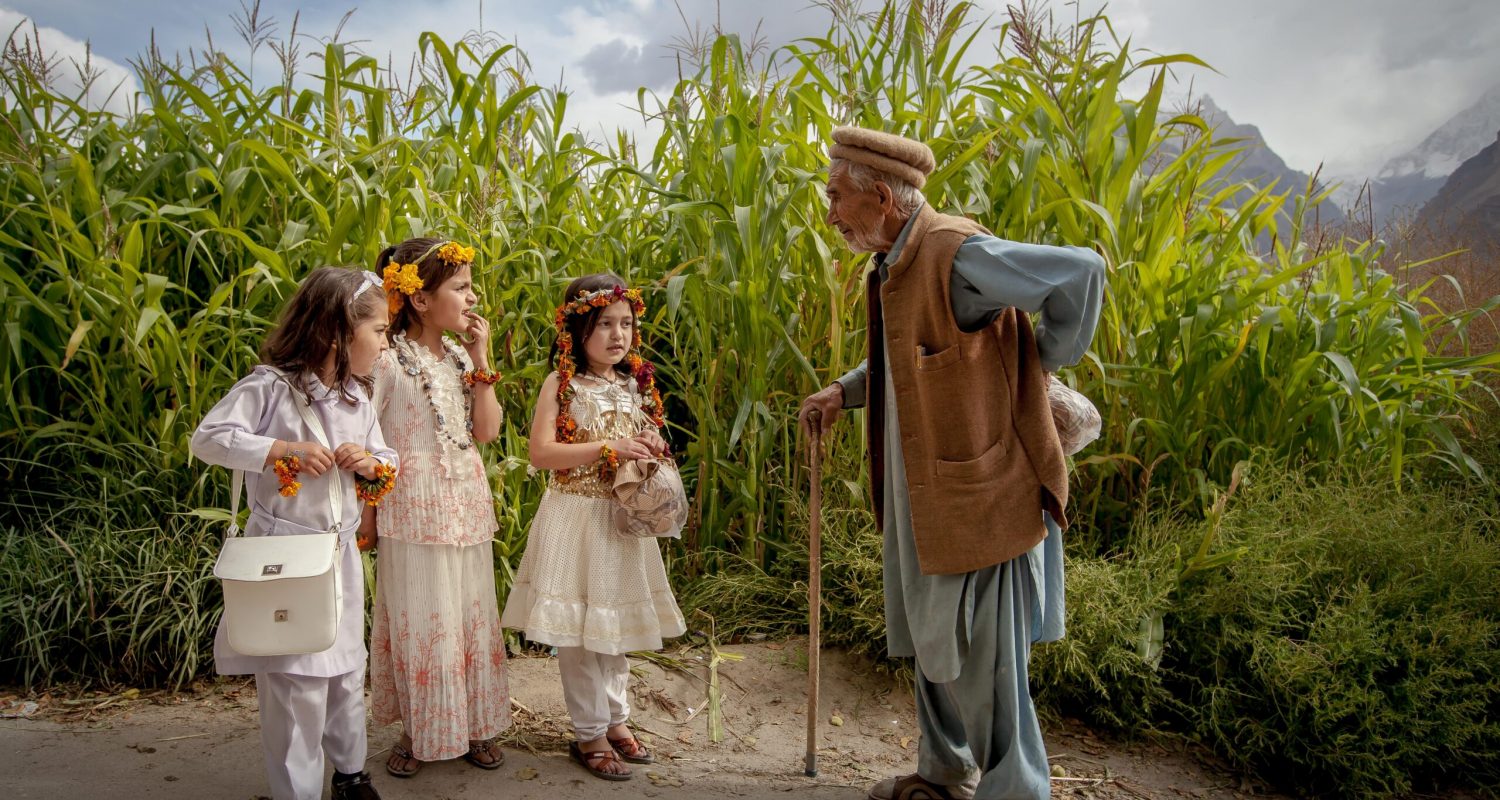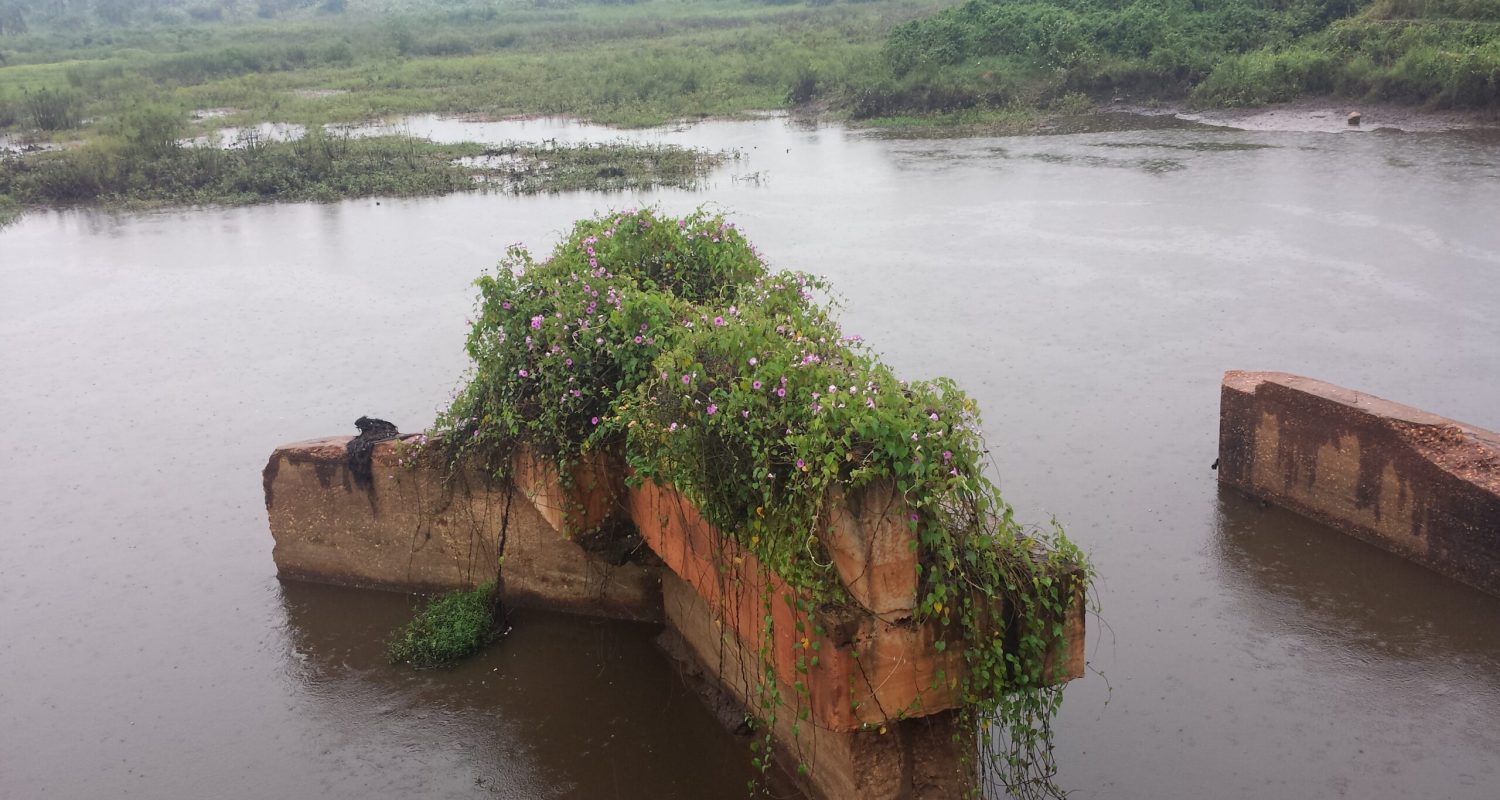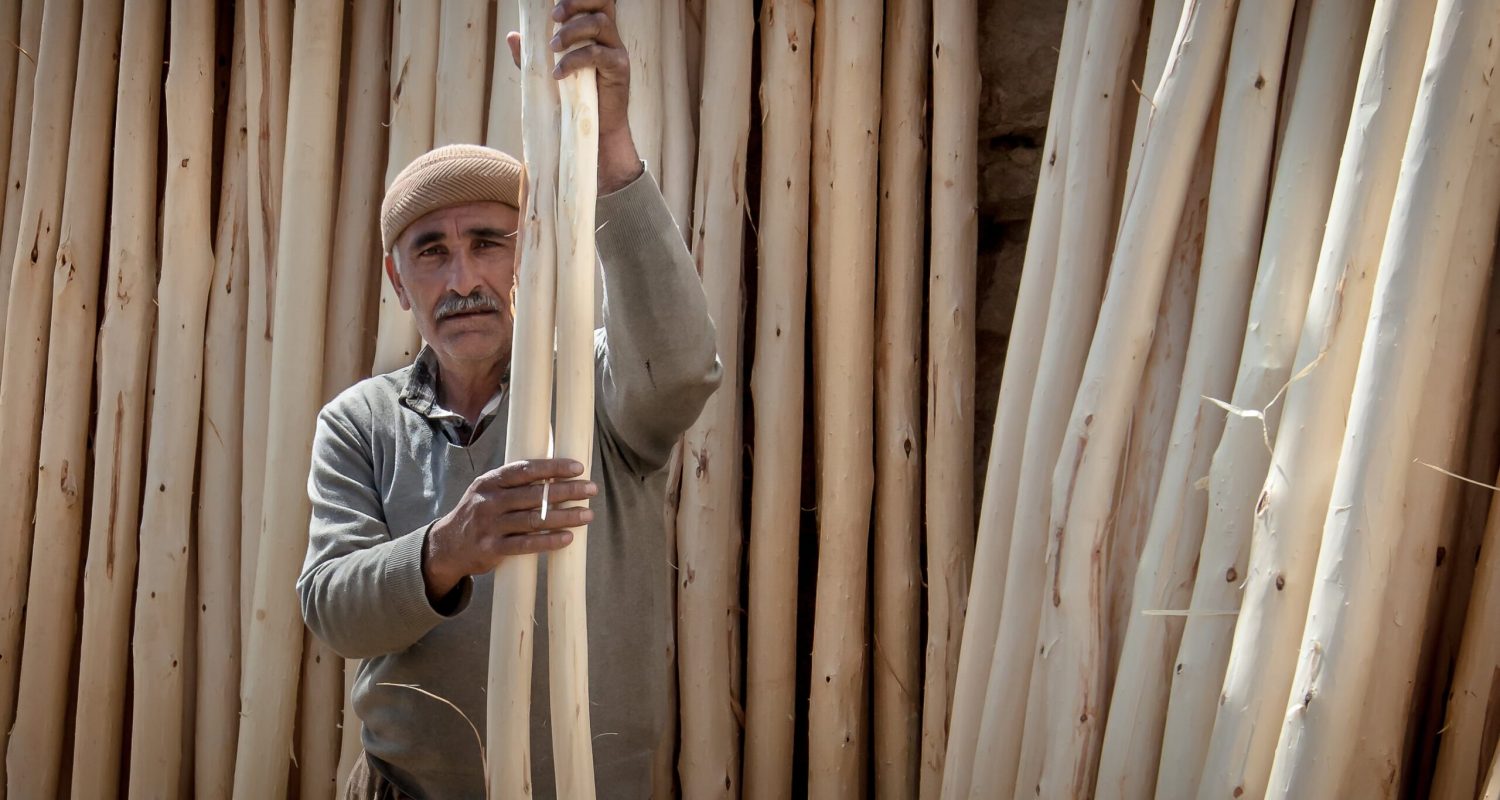- HOME
- EXPERTISE & SERVICES
- PROJECTS
- BROCHURE
- GALLERY
- CONTACT US WooCommerce not Found
- Newsletter





Sustainability of natural resources and environment is one of our main corporate objectives, guiding our engineering and business ethics. EDACS values the preservation and enhancement of environment, biodiversity and social protection.
Ever increasing human populations are resulting in high energy demands and degradation of ecosystems. Whilst sustainable renewable energy replaces fossil fuel and thermal power, at EDACS we are keenly aware that energy preservation plays an important part in clean, sustainable energy generation. Additionally, rapid urbanisation and increased water demand is putting pressure on precious surface water resources and freshwater aquifers; protection and sustainable use of water resources is therefore paramount. EDACS focusses on integrated engineering solutions applying up-to-date techniques and technology as well as learning from and adapting documented exemplar designs and case studies.
All engineering projects such as roads, dams, reservoirs and transmission, transport networks and urban development result in impacts. However, at EDACS we ensure compliance with international best practice and local government policies, and undertake negative risk mitigation/elimination during planning, implementation and operational phases of energy and water resource projects. Positive risks are enhanced through diligent planning and scoping of local and regional needs.
Replacement and enhancement of livelihoods and provision of viable solutions for resettlement options tailored to the local context are paramount in ensuring that Project beneficiaries include project-affected communities. All work is undertaken according to World Bank policies, IFC Performance Standards or similar International Lender guidelines. Involuntary resettlement is planned and implemented through extensive fieldwork and incorporation of local knowledge and content, with emphasis on high quality socio-economic baseline data collection, cadastral surveys, stakeholder engagement and rigorous grievance redress mechanisms. Cultural heritage, Indigenous Peoples rights, FPIC and vulnerabilities are all factors integrated into the design and decision-making processes.
Comprehensive construction supervision is undertaken to international Occupational Health and Safety standards and ILO regulations, and safeguards are integrated to reduce adverse impact of project work on employees, all other stakeholders including neighbouring communities, and the local and downstream ecosystems.